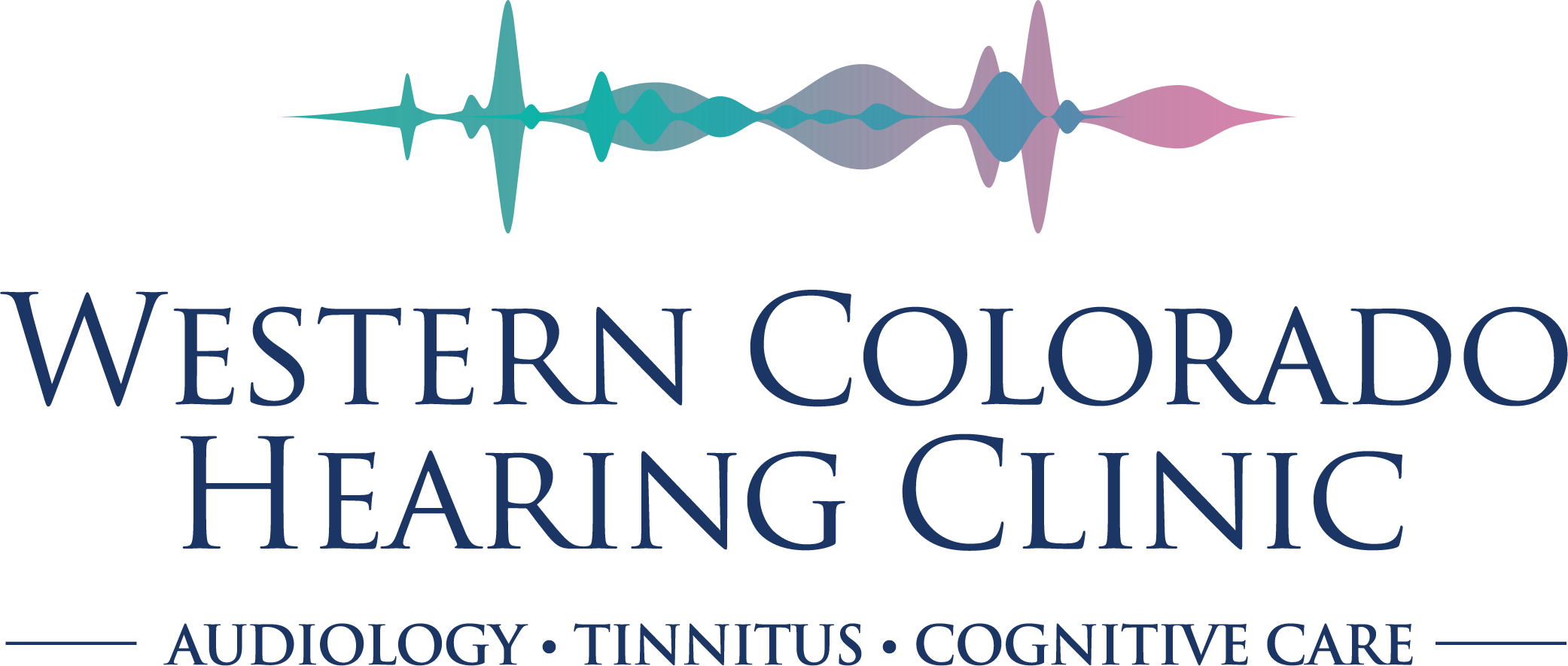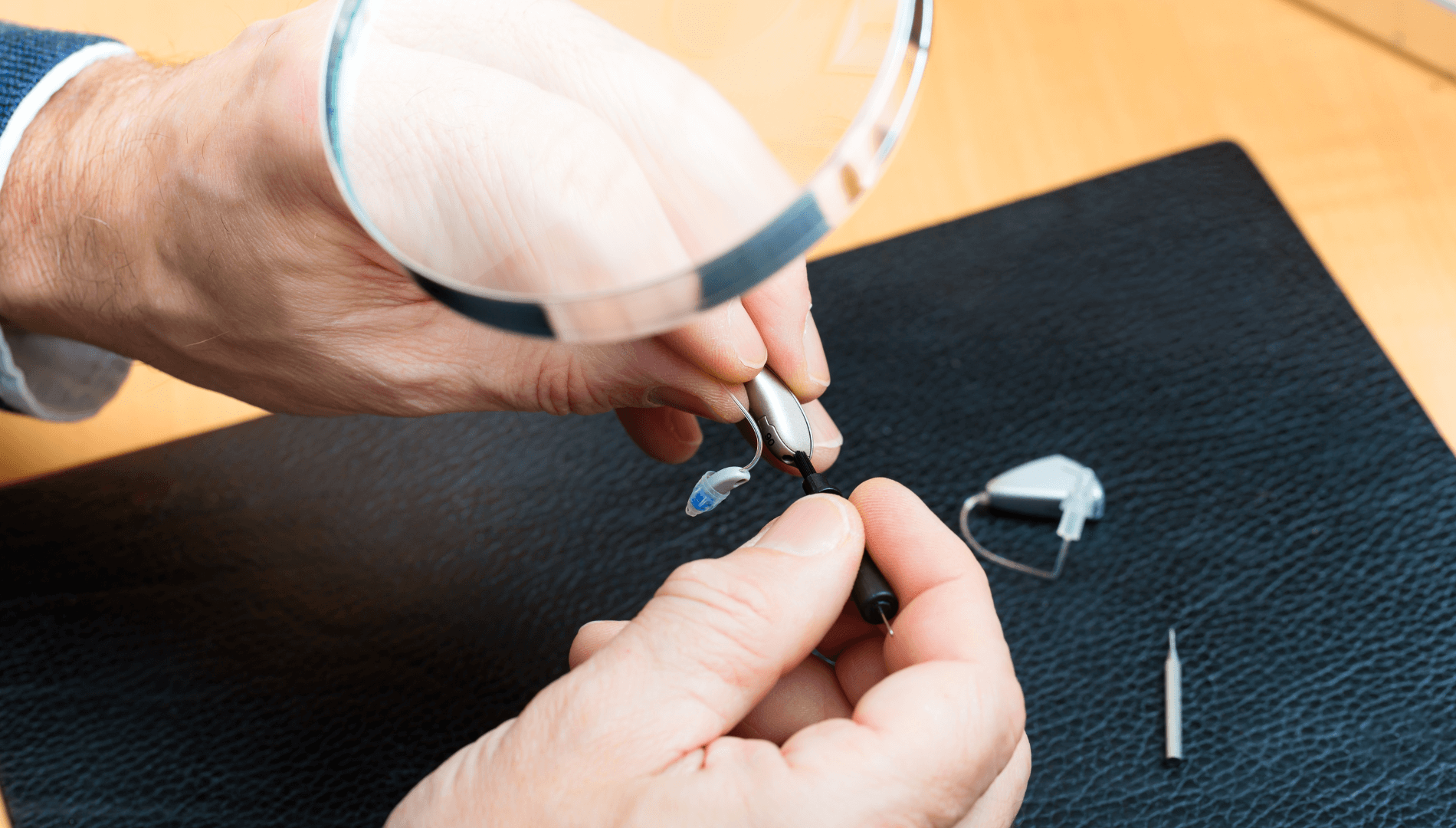We Moved! Visit us at
605 25 Rd, #100, Grand Junction, CO 81505
What to Look Out For With Tinnitus
Return to Blog

What to Look Out For With Tinnitus
Experiencing ringing in your ears can be quite an unsettling experience. This symptom, known as tinnitus, affects millions of people. Awareness and understanding of tinnitus are important steps toward managing it effectively.
Understanding Tinnitus Symptoms
Tinnitus commonly manifests as a ringing sound, but it can also take the form of buzzing, hissing, whistling, or even clicking noises. These sounds can vary in pitch and can affect one or both ears. Sometimes, tinnitus might be intermittent, while other times, it can be continuous. It’s important to note that the severity of tinnitus also varies; for some, it’s a mild inconvenience, while for others, it can significantly affect their daily lives.
Common Symptoms to Recognize
- Persistent Ringing: A consistent ringing or buzzing sound in the ears.
- Intermittent Noises: Occasional sounds that come and go.
- Pulsatile Tinnitus: A rhythmic noise that usually follows the pattern of your heartbeat.
- High-Pitched Sounds: Sharp, high-pitched ringing in one or both ears.
Potential Causes of Tinnitus
Understanding the potential causes of tinnitus is essential for proper diagnosis and treatment. Various factors can lead to tinnitus, ranging from simple earwax buildup to more complex health issues.
Ear-Related Causes
- Ear Infections or Blockages: An ear infection or a buildup of earwax can lead to tinnitus by blocking the ear canal.
- Aging: Hearing declines naturally with age, often resulting in tinnitus.
- Exposure to Loud Noises: Loud environments can damage the tiny hair cells in the inner ear, causing tinnitus.
- Ear Bone Changes: Abnormal bone growth can lead to hearing problems and tinnitus.
Health Conditions
- High Blood Pressure: Hypertension can increase the possibility of developing tinnitus.
- Diabetes: Poor blood sugar control can affect the ears and lead to tinnitus.
- Meniere’s Disease: This inner ear disorder can cause tinnitus, dizziness, and hearing loss.
- TMJ Disorders: Problems with the temporomandibular joint can trigger ear-related issues, including tinnitus.
Medications
Certain medications can cause or worsen tinnitus. These include some antibiotics, cancer medications, diuretics, and antidepressants. If you start to experience ringing in your ears after beginning a new medication, consult with your healthcare provider.
Diagnosing Tinnitus
If you suspect you have tinnitus, a medical evaluation is vital for proper diagnosis and treatment. Your doctor will begin by discussing your symptoms and medical history. They may conduct various tests to determine the underlying cause of your tinnitus.
Hearing Tests
A common diagnostic method for tinnitus is a hearing test. A hearing health professional will assess your ability to hear different pitches and volumes. This test helps to identify if hearing loss is contributing to your tinnitus.
Imaging Tests
In some cases, your doctor might recommend imaging tests like an MRI or CT scan. These tests can help to detect any structural issues in the ear or brain that might be causing your tinnitus.
Additional Exams
Other tests, such as blood tests or balance assessments, may also be conducted based on your symptoms and health history.
Managing and Treating Tinnitus
Managing tinnitus can be challenging, but several strategies can help to reduce its impact on your life. It’s important to discuss these options with your healthcare provider to find what works best for you.
Cognitive Behavioral Therapy (CBT)
CBT is a type of therapy that helps change the way you think about and react to tinnitus. It can be particularly effective for reducing stress and improving the quality of life for those with tinnitus.
Medication and Medical Treatments
Sometimes, medication can help manage tinnitus symptoms. These might include anti-anxiety drugs or antidepressants. Additionally, treating any underlying health conditions can often alleviate tinnitus.
Lifestyle and Home Remedies
Simple lifestyle changes can also make a significant difference. Avoiding loud noises, reducing caffeine intake, and managing stress can all help to reduce tinnitus symptoms. Using ear protection in noisy environments and practicing relaxation techniques can also be beneficial.
When to Seek Professional Help
Tinnitus can be distressing, especially if it interferes with your daily life. If you experience persistent symptoms or if tinnitus is affecting your sleep, concentration, or general well-being, seek professional help. Early intervention can often make a significant difference in managing and alleviating symptoms.
Remember, tinnitus is a symptom, not a disease. Understanding what to look for and taking the appropriate steps can help you manage it effectively and improve your quality of life.



